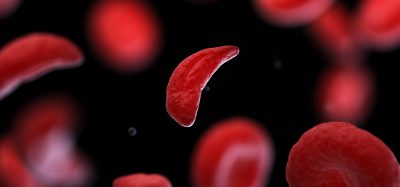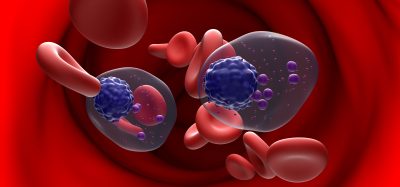Treatment targeted at a genetic mutation relieves psychosis symptoms
Posted: 7 July 2019 | Drug Target Review | No comments yet
A new study shows the treatment of psychosis can be targeted to a specific genetic mutation in patients with psychotic disorders.


A study led by Deborah L Levy, PhD, McLean Hospital has focussed on a rare genetic mutation that can have a big effect on psychiatric disease. The mutation was a copy number variant (CNV) in which the two patients in the study had four, instead of the usual two, copies of the GLDC gene. The authors hypothesised that this mutation might reduce brain glycine, a key factor for proper glutamatergic functioning, which is disrupted in schizophrenia. “The compelling aspect is that this CNV can be linked to pathophysiology, and, as the new study shows, to treatment,” said Dr Levy.
The researchers assessed whether CNV could help guide treatment decisions by targeting the mutation to normalise its effects with a “genotype first” approach. “This approach contrasts with the standard clinical practice of treating individuals on the basis of clinical symptoms or diagnosis independent of specific genetic variants,” Dr Levy continued.
The addition of agents to restore glutamate function, glycine or D-cycloserine, to the patients’ standard medications improved psychotic symptoms in both patients beyond their usual treatment regimens. Each of the patients also saw some reductions in other symptoms, including mood symptoms and negative symptoms of schizophrenia.
“It is important to note that the two subjects studied here bore little clinical resemblance, with distinctly different symptom burdens, and highly dissimilar courses of illness,” noted first author J Alexander Bodkin, MD, McLean Hospital.
“Psychiatry is in the very early days of precision medicine, ie, the effort to match particular patients to the specific treatments that they need. In their article, Dr Levy and her colleagues provide a wonderful example of this approach,” added John Krystal, MD, Editor of Biological Psychiatry. “The substances that they administered, glycine and D-cycloserine, do not produce noticeable behavioral effects in healthy people or in patients with psychotic disorders. However, because these substances replaced a deficient co-factor involved in neural communication in these particular individuals, their administration alleviated mood and psychosis symptoms.
“As in these cases, we expect psychiatry to develop more instances where specific treatments can be developed to meet the needs of particular groups of patients.”
The study can be found in Biological Psychiatry, published by Elsevier.
Related topics
Precision Medicine, Research & Development, Targets
Related conditions
Psychosis
Related organisations
McLean Hospital
Related people
Deborah L Levy PhD, J Alexander Bodkin MD, John Krystal MD








